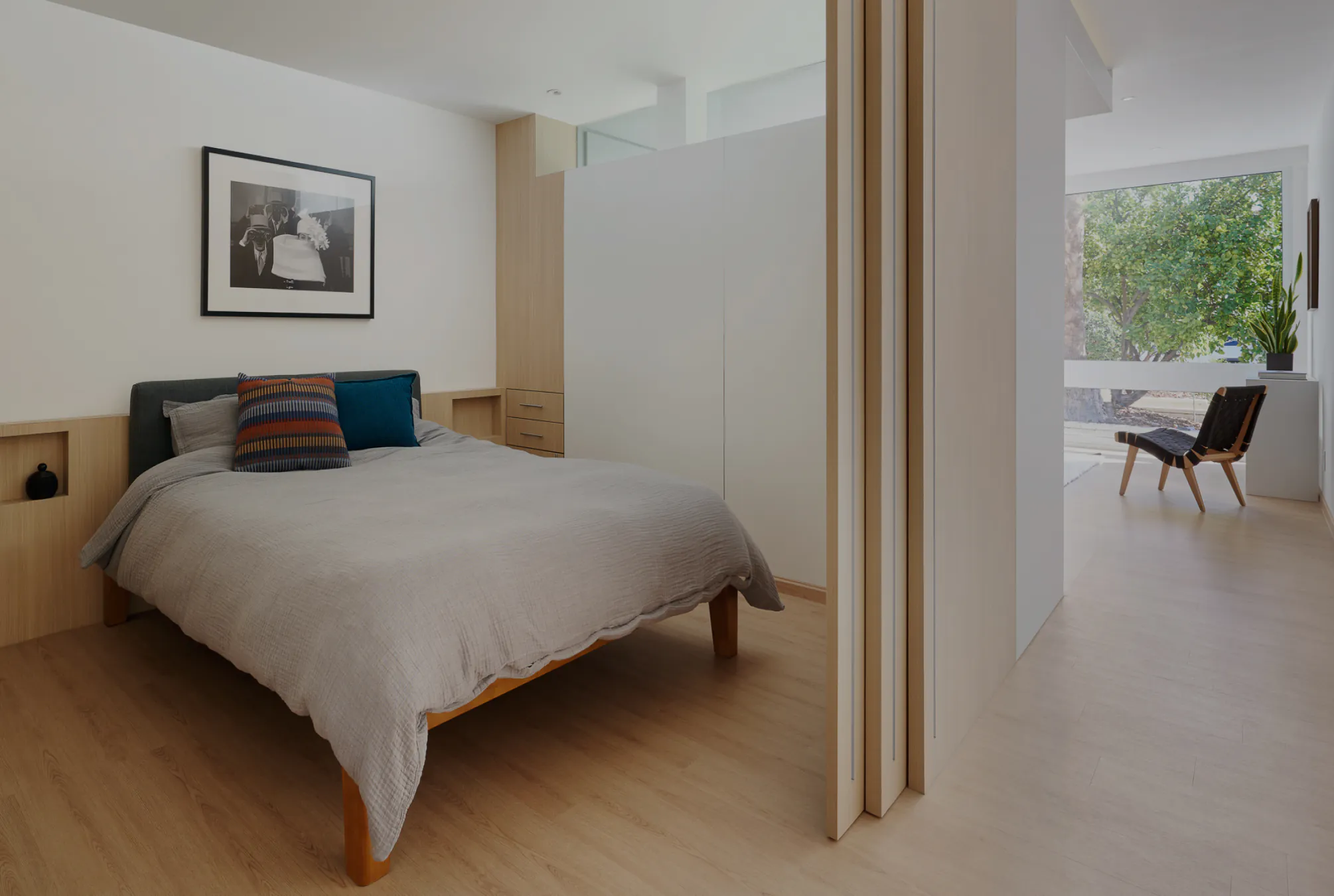Modular vs. Mobile Homes: Know the Difference

What is the Difference Between a Modular Home and a Manufactured / Mobile Home?
Although both "modular homes" and "manufactured homes," sometimes called "mobile homes," are both prefabricated in a factory, manufactured and modular homes are fundamentally different products in a few key ways that drive long-term value. If you are planning to develop property, it is important for you to understand these fundamental differences, in order to decide which is best for you.
Modular Homes:
The critical feature of modular homes is that they have a structure similar to those built on-site, and they are permanently attached to the land by way of a traditional foundation. Once the modular home is shipped from the factory and installed, it is legally and effectively identical to a home that was built on site.
Modular homes are built in a factory and assembled on a permanent foundation
Cassette sells modular homes and stackable units that can be permanently affixed to a foundation.
Manufactured Homes:
By contrast, manufactured homes, sometimes called "mobile homes," are built in whole or sections on a mobile chassis with wheels, allowing them to be transported. They are typically less expensive than permanently-affixed homes and can be moved, because they are considered "real property" rather than real estate. This sometimes affects their zoning and financing options.
Manufactured homes sometimes require land with special zoning
Cassette offers a manufactured version of its homes and ADUs, which can be used on a site temporarily and/or fixed to a permanent foundation at a later date.
Traditional Financing for Modular Homes
In many cases, it’s easier to get a traditional mortgage on a modular home. Since manufactured homes may be moved, financing their purchase is slightly different from financing traditional real estate. Local jurisdictions also may require special zoning to allow manufactured housing in a neighborhood, while modular homes are no different with respect to land use than any other form of permanent housing.
Financing modular homes is more like permanent construction financing. Financing manufactured homes usually requires a different financing vehicle.
Summary - How to Get Started
When it comes to property development, understanding the differences between modular and manufactured homes can significantly impact long-term value, financing options, and zoning challenges. Both are great options for different situation, but are not necessarily feasible on every site. For more detailed information, or to speak with a representative, don't hesitate to drop us a line here!


